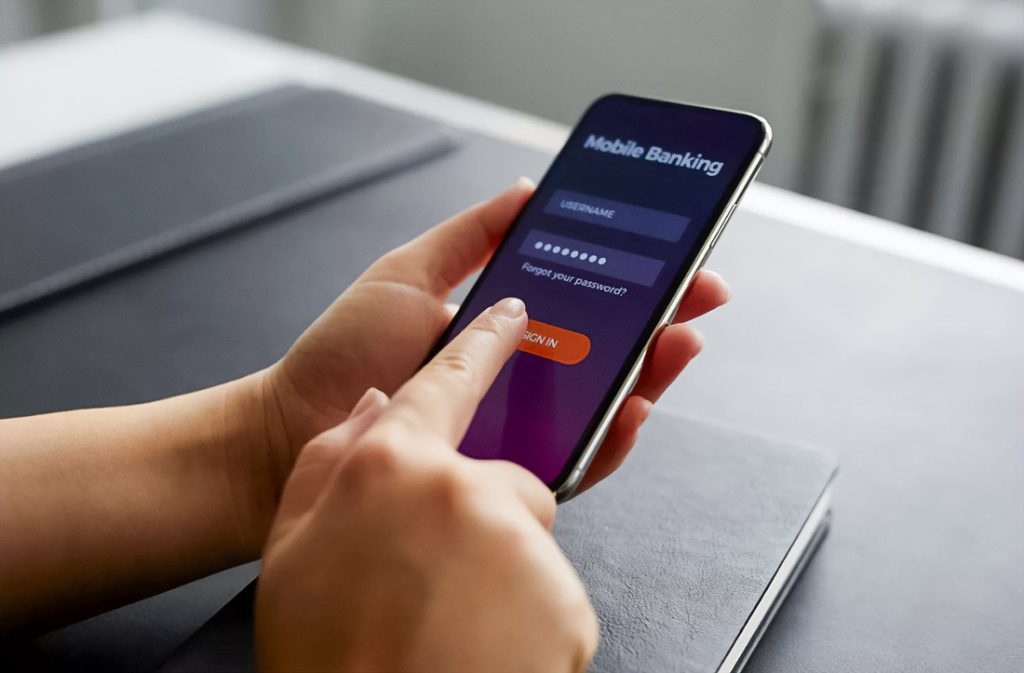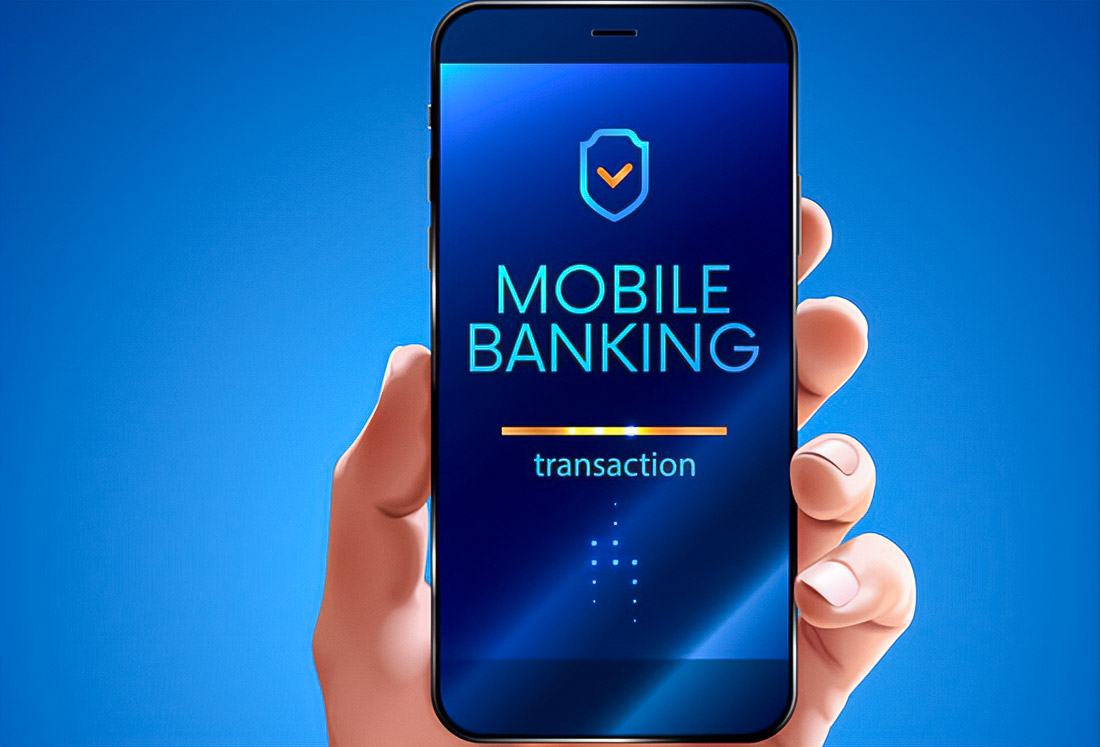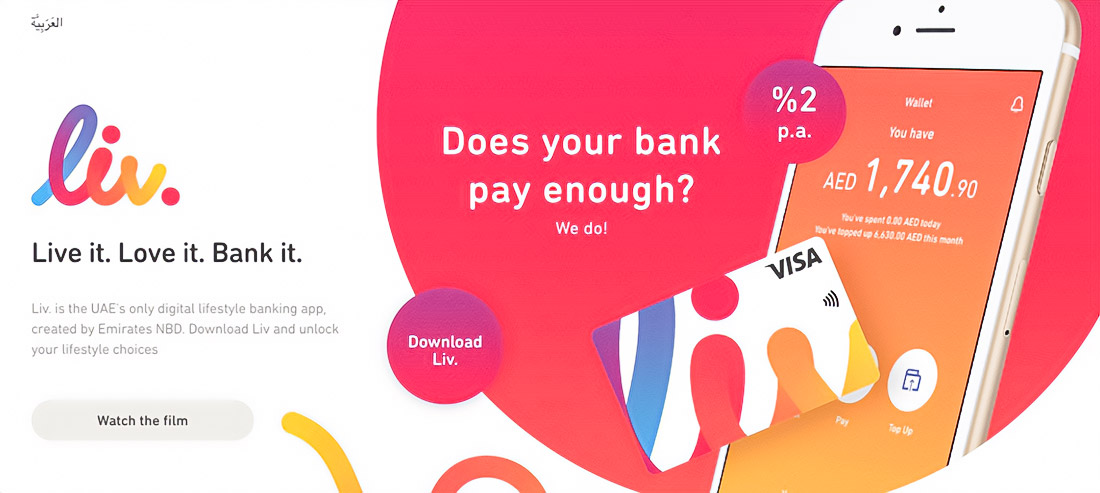
Transition to Paperless Banking and Sustainable Development
Traditional banking has been based on paper processes for decades: statements, receipts, contracts. But the environmental cost of this practice turned out to be too high. It takes about six gallons of water to produce one pound of paper, and the equivalent of 1.4 billion trees are sent to landfills worldwide each year. Paper waste accounts for a quarter of landfill waste and a third of municipal waste, and its decomposition is accompanied by the release of methane, a gas 25 times more dangerous than CO2.
These facts have become a powerful incentive for banks to reconsider their approaches and implement paperless banking as part of a sustainable development strategy.
Environmental Benefits of Paperless Banking

Switching to electronic statements, receipts, and e-invoicing can significantly reduce paper waste. Using digital banking through online platforms and mobile applications makes financial management easier: customers can pay bills, transfer money and control their accounts without paper documents.
As a result, the carbon footprint of the banking industry is reduced, the energy consumption of branches is reduced, and operational processes are becoming more efficient. It is not surprising that more and more users choose a digital bank account UAE or apply for online credit card UAE – this is a natural step towards eco-friendly solutions.
The Importance of Green Data Centers

Green data centers are an integral part of sustainable banking. They run on renewable energy, use innovative cooling systems, and even reuse the generated heat. This is especially important given the forecast: by 2030, the energy consumption of data centers will grow by 160%.
The development of green banking initiatives helps to reduce the impact of digital infrastructure on the climate. At the same time, banks do not forget about customers, offering products like the best credit card in UAE without annual fee, which combine environmental friendliness with favorable conditions.
Technology and Innovation

Modern banks actively employ eKYC, biometric authentication, digital signatures, and electronic document storage. These products improve convenience, increase security, and enable you to meet regulatory compliance needs.
Predictive analytics uses artificial intelligence (AI) and machine learning (ML), which aids in the development of personalized products and the expansion of service availability. Among the popular options is the opportunity to apply for a credit card online or calculate payments using the UAE loan calculator.
Impact on Customers and Society
For clients, paperless banking is not only about environmental protection, but also convenience. Electronic notifications, mobile services, and self-service portals allow you to track transactions in real time and quickly respond to fraud alerts.
You no longer need to store piles of paper receipts: all documents are available in digital form. Cash back credit card, UAE debit card and UAE mobile banking services are popular for daily tasks.
Economic and Social Effects
The abandonment of paper document management reduces the costs of banks and speeds up service. Electronic processes minimize errors and enhance customer experience. It is significant that 148 bank branches were closed in the first quarter of 2025 alone, a clear confirmation of the shift in focus towards digital channels.
At the same time, banks are actively promoting products like credit card with rewards and services for applying for a personal loan in a remote format.
The Future of Sustainable Banking
In the future, paperless banking will become not just a way to reduce costs, but part of a long-term development strategy. The integration of ESG principles, the use of cloud computing, Big Data and AI will help make digital banking even more environmentally friendly and accessible.
Already, many banks are implementing built-in carbon footprint tracking services and encouraging customers to choose eco-friendly purchases. Added to this are innovations like the Dubai instant credit card or personal loan offers in UAE, which are becoming part of a sustainable financial ecosystem.
Conclusion
Paperless banking entails more than just saving and convenience. This contributes to the environment by lowering the carbon impact and increasing customer trust. Digital transactions emit 80% less CO2 than traditional purchases, and more and more people are adopting eco-friendly activities.
Abandoning paper is becoming an inevitable step for banks and society. Modern products provide an additional incentive: credit cards offer, UAE credit card, the ability to quickly apply for a loan online or go through the UAE bank account opening procedure.

Soccer lover, foodie, ukulelist, Eames fan and screen printer. Acting at the nexus of simplicity and function to express ideas through design. Let’s chat.